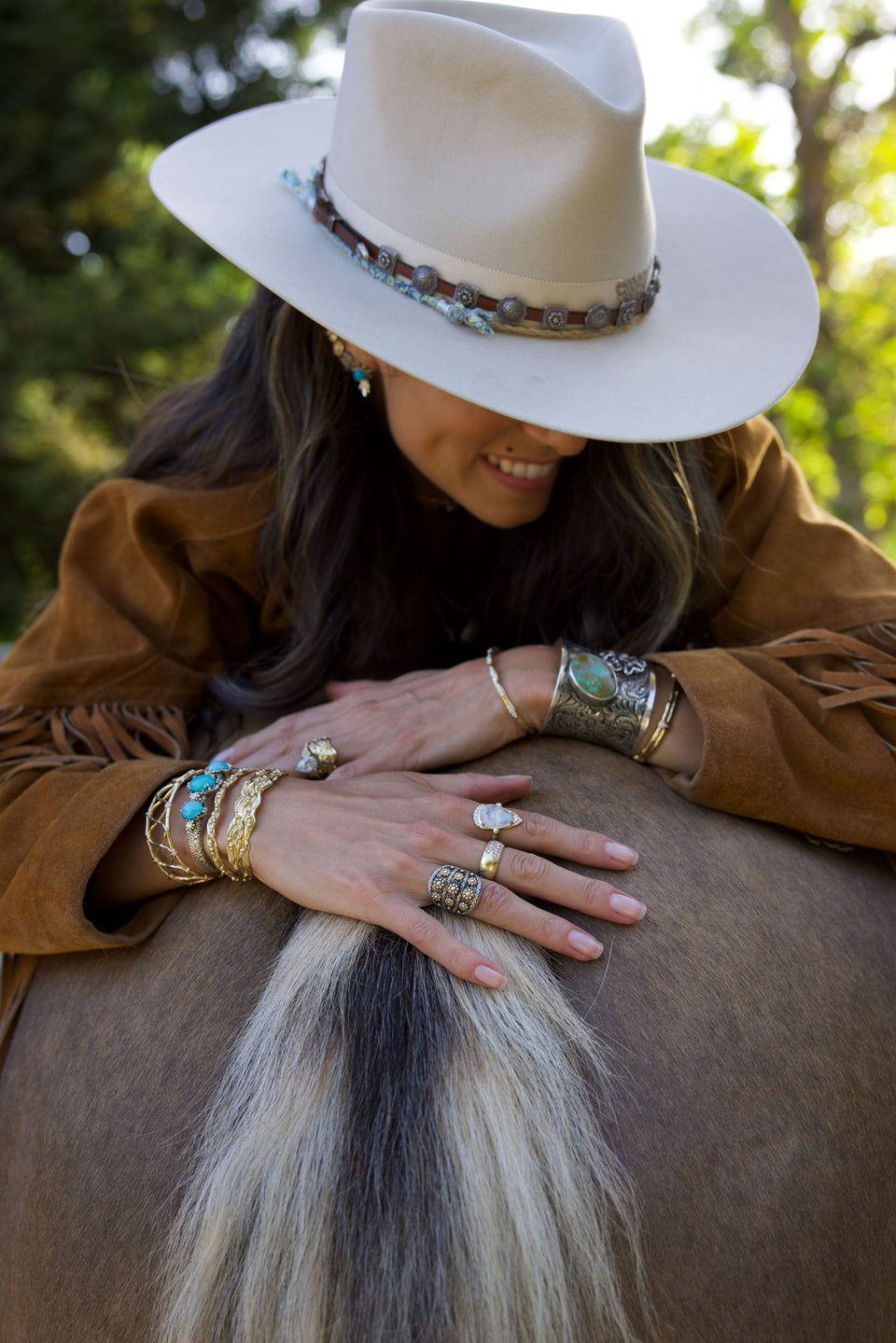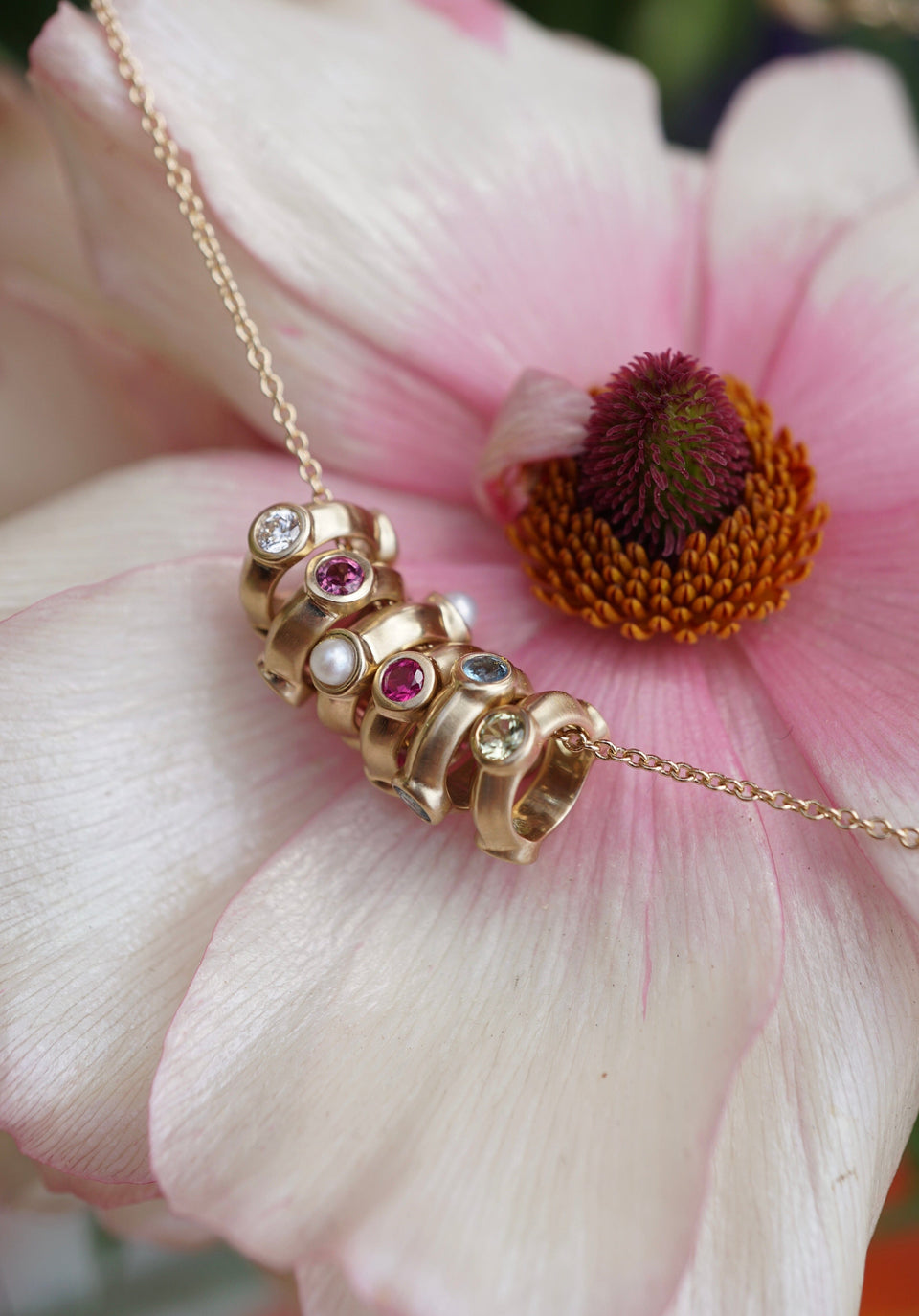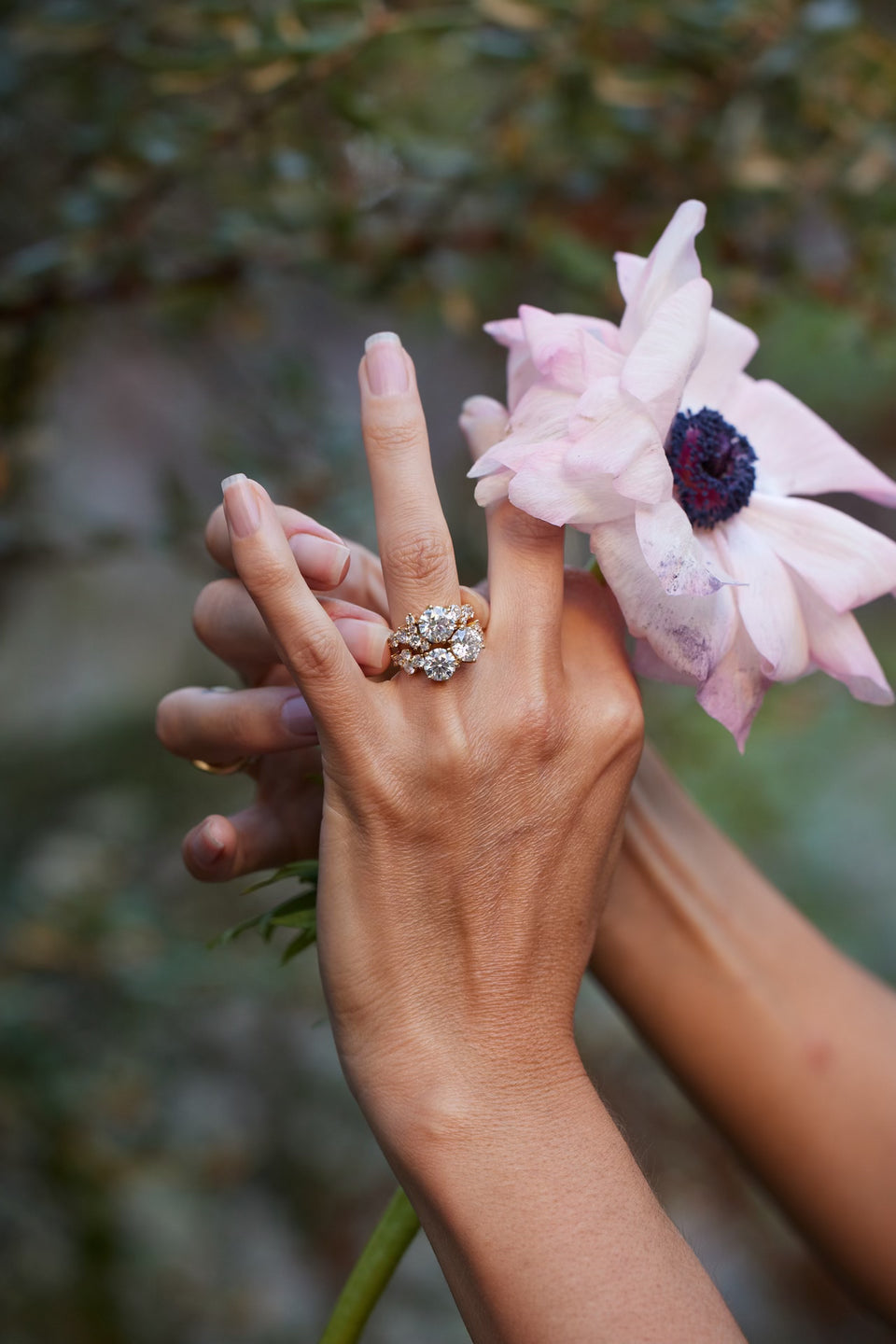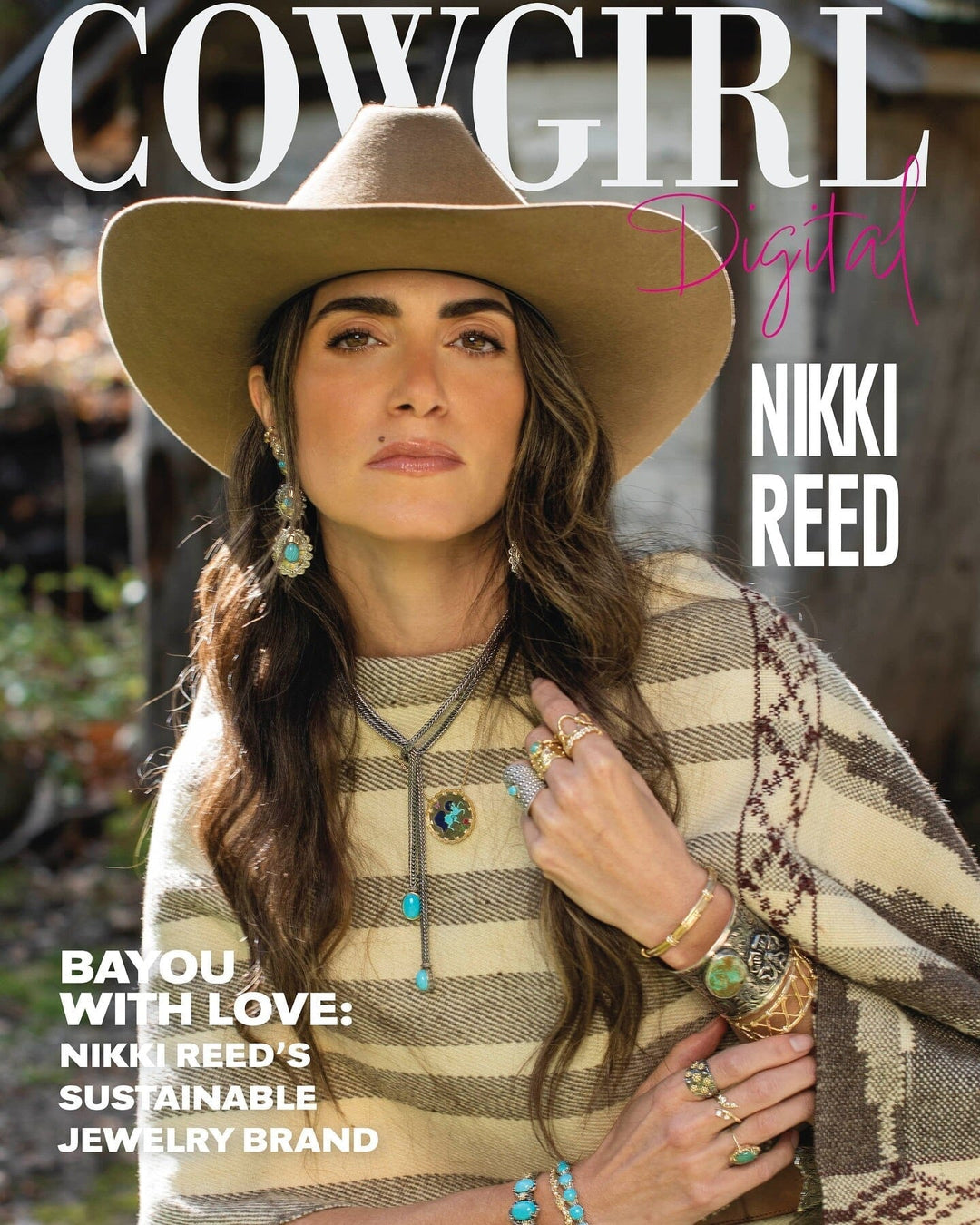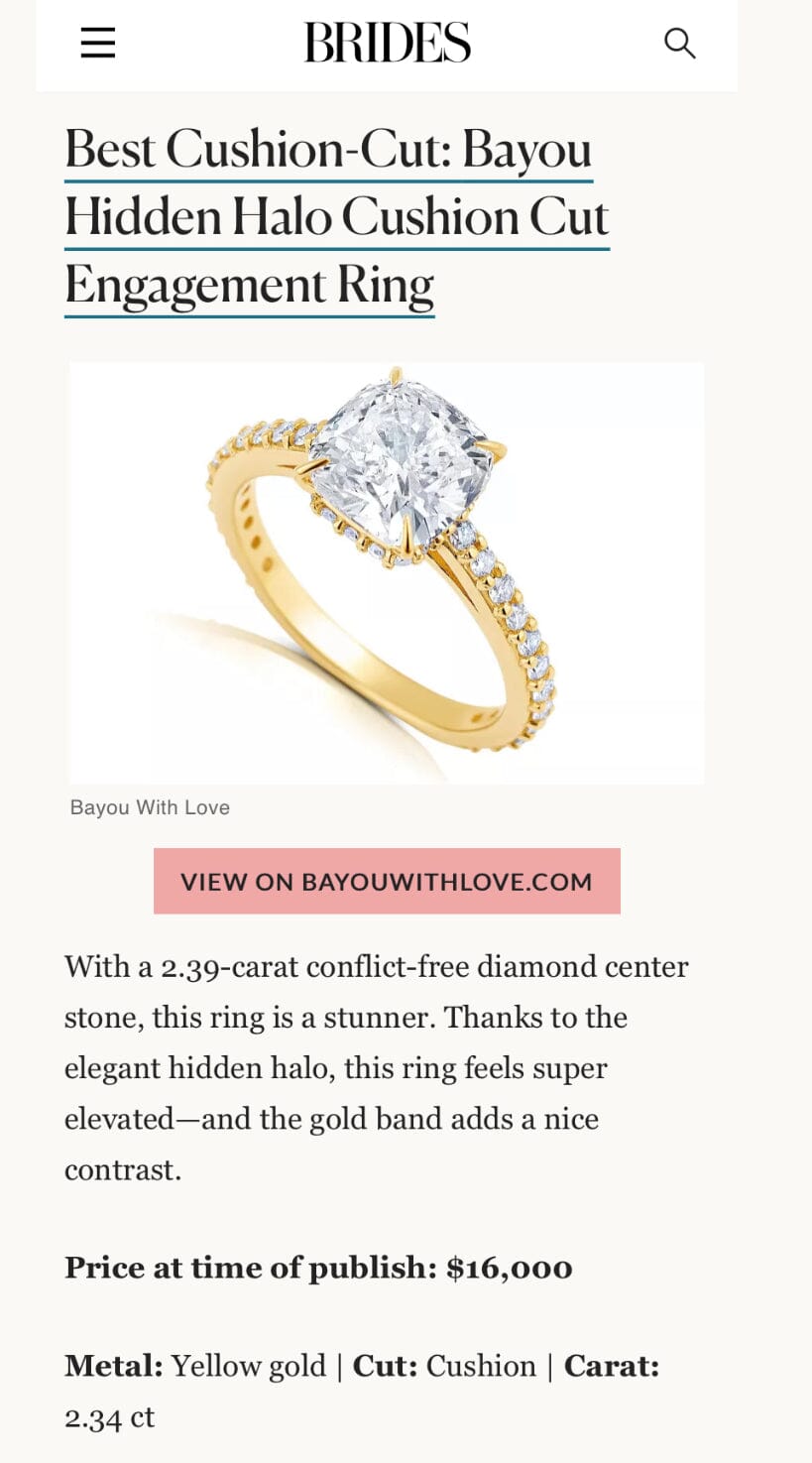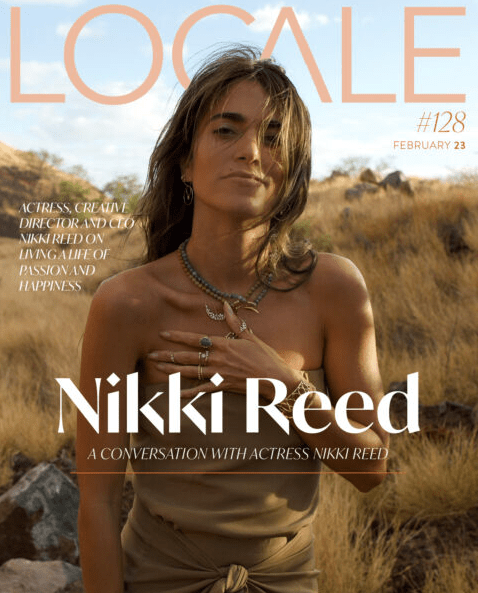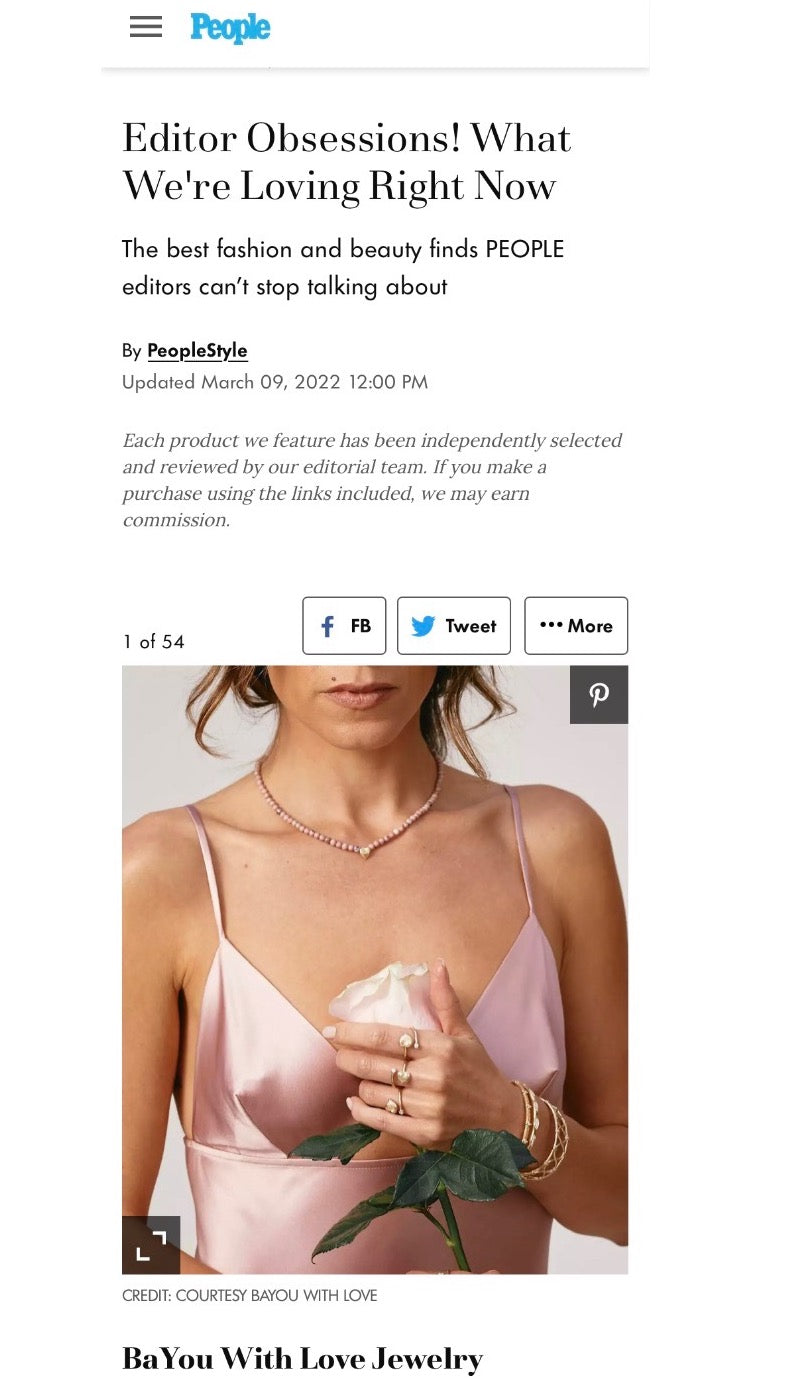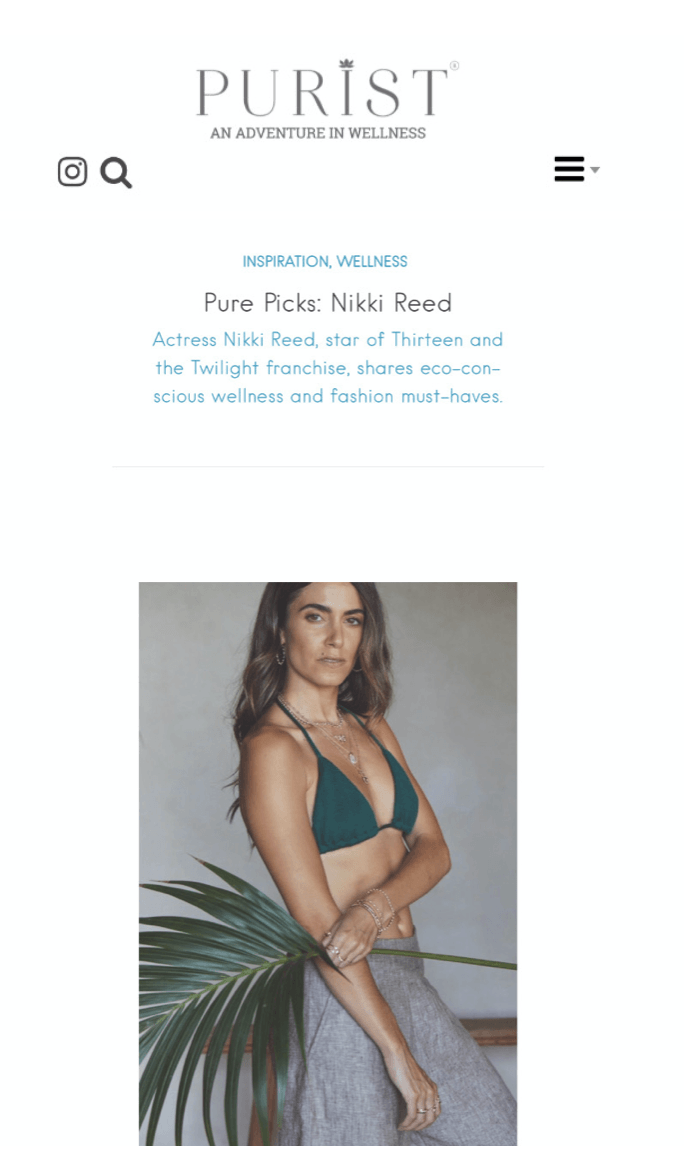Interview with Maria Regina, Bambaw
Do you remember the moment you realized you wanted to shift the way you consume?
Yes, 8 years ago while watching a documentary about the meat industry, I realized that the status quo had to be challenged for a more sustainable future. Compounded with other moments, they all helped shape my morality and ultimately fueled my decision to change the way I consume.
How has living like this enriched your life?
It has enriched my life in many ways. Starting with the realization that I have complete freedom to live a life that is guided by values I choose to adhere to. My values serve as the foundation to everything that I do and that has empowered me to make better choices. Then there's the zero-waste lifestyle that continually helps me focus on what’s essential. This focus has simplified my life to a point where it has become much richer and enjoyable.

What are your favorite products, and why do you choose to live plastic free?
My favorite products are all simple swaps that have a huge impact. There's a distinct satisfaction that comes with using products that not only generate less waste but also ends up being a cheaper and even better alternative. The Bambaw safety razor is a good example of this swap. Another one of my favorites is transforming hazelnut butter in milk. Because from just 500ml of hazelnut butter, I can produce up to 100 liters of hazelnut milk by simply mixing it with tap water. It's such a simple process but it ends up saving me money while minimizing the waste produced.
Plastic-free is a strong word that is a little counterintuitive. Plastics are made to last, so if a plastic item is utilized for more than five years, it serves its purpose and that’s okay. Single-use plastic, on the other hand, is pointless and should be avoided at all costs. Every single-use plastic item that has been produced which hasn’t been burned still exist in some form on this planet today. Think about how scary that phrase is and how unsustainable it is for everyone. At one point, anyone who cares about the future of our planet must arrive at the realization that the succeeding generations will eventually encounter a plastic item you throw away today. And what's even frightening is that your waste travels to different parts of the world either accidentally through our oceans or because one country decided to ship their waste to another country.
Once we understand that plastics aren’t made to be single-use coupled with the basic knowledge of how the waste trade works, living plastic-free becomes an easy choice. A choice that will preserve our planet’s health and ensure a livable future for all generations.

What are ways people can start transitioning from their current household products to more sustainable earth-friendly products?
The first thing people should do is not get overwhelmed. Hearing the term zero waste and seeing videos and photos of other people producing a jar of trash in a year may make others take a step back from transitioning to a sustainable lifestyle.
But all it really takes are consistent small steps and developing greater awareness about the things we use, buy and throw away.
This awareness makes it then possible to identify the simple swaps that can be made. Start with things that take the least effort like switching to bamboo toothbrushes for example. That one switch alone is enough to trigger other smaller changes within your household. Soon enough, you'll be surprised at how you naturally start being more creative with how things can be reused or saved and even if the trash you produce isn't considerably lower, at the very least you'll be seeing less clutter in your home.
Why do you feel it’s so important for people to understand the products they use?
Having a holistic approach to the products we use and consume makes it possible to capture the bigger picture of the here and now. It enables us to see a product's entire journey and how it delivers value at an environmental, social and economic level.
This holistic approach to consumption forces us to appreciate every product we use that we end up cherishing and reusing them as much as we can. It also realigns our priorities making us better at discerning which products are worth buying based on the value they deliver.
Finally, it makes us less vulnerable towards marketing ploys from brands that are willing to sacrifice the health of our planet for their own selfish benefit.

